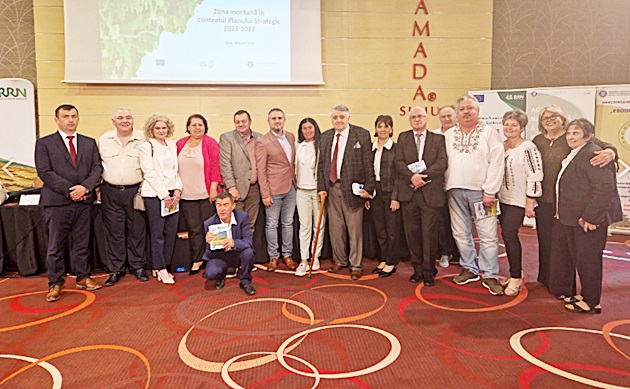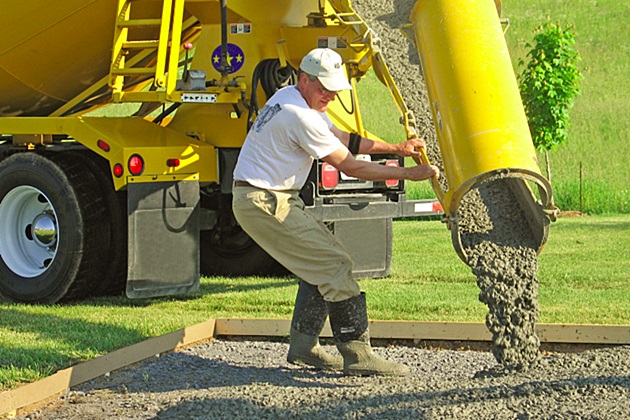846

Forests and Wood: Natural Resources, Strategic Solutions
Forests and wood are not just natural resources — they are real solutions to the climate crisis, environmental challenges, and the need for sustainable economic development.
Romania’s Forests — A National Responsibility
With approximately 6.5 million hectares of forest, Romania is one of the European Union countries with a significant forest heritage. These forests play a vital role in maintaining the continent’s ecological balance.
They capture carbon, filter air and water, preserve biodiversity, and provide protection against natural disasters. At the same time, forests are a valuable source of jobs and well-being for tens of thousands of Romanians living in rural and mountainous communities.
To preserve these benefits, it is essential for forests to be managed actively, professionally, and with a long-term vision. ASFOR supports a modern, science-based forestry, grounded in respect for the resource and in collaboration between all stakeholders: the state, businesses, local communities, and environmental NGOs.
Wood — The Material of the Future in a Green Economy
In a world seeking solutions to reduce emissions and minimize waste, wood is a strategic resource. It is the only widely renewable raw material that stores carbon and contributes to the circular economy. Wood-based products replace polluting materials like concrete, plastic, or steel, offering innovative solutions for construction, furniture, and energy.
“For us, Earth Day is a day of responsibility. We understand that the future of forests lies in the balance between use and protection. And wood is an ally of nature — not an enemy. Romania has the chance to become a leader in Europe in the sustainable use of wood and forests,” — Ciprian Muscă, President of ASFOR
The Forestry Sector — A Partner in the Green Transition
Romania’s forestry sector brings together tens of thousands of professionals — forest entrepreneurs, workers, engineers, and technicians — who work every day to ensure that forests are cared for, regenerated, and responsibly managed. It is a key sector for Romania’s green economy, yet it needs recognition, investment, and coherent public policies.
It’s Time to Act
- It’s time to see the forest not just as a symbol, but as a solution.
- It’s time for wood to take center stage in the ecological transition.
- It’s time for forestry professionals to be treated with the respect they deserve.




